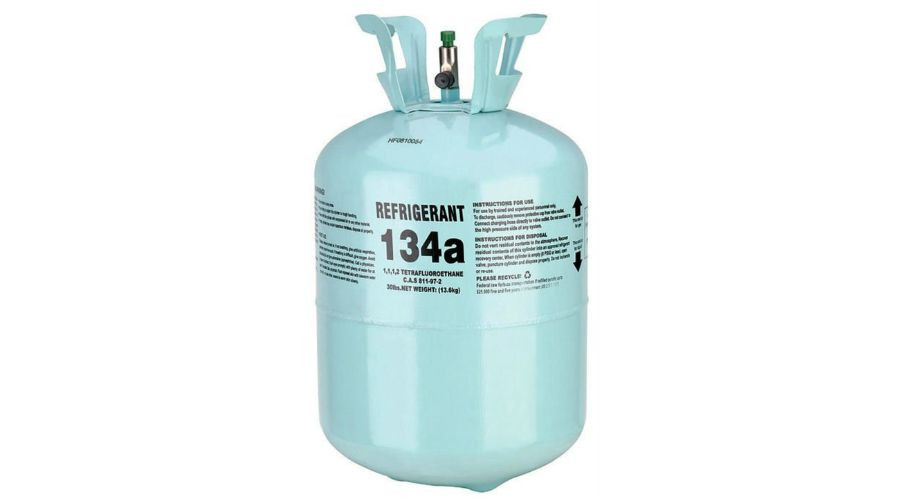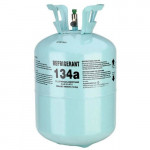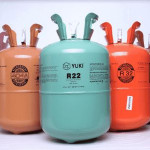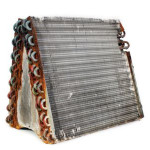What Is AC Refrigerant?
Refrigerant is crucial for air conditioning units to function, but how it works is a mystery to some people. Homeowners can benefit from learning about AC refrigerants to better maintain their air conditioning units.
Inside air conditioning units are copper coils called evaporator coils. These coils are filled with refrigerant that absorbs the heat from the air to lower the temperature. The warmth is then transferred to the outdoors through the HVAC system.
The liquid refrigerant is suctioned into the evaporator coils with a condenser. Before entering the coils, the refrigerant gets cooled down using an expansion valve. Because the refrigerant is at such a low temperature in the coils, it easily absorbs the heat from air blown over them.
The water vapor produced from cooling the air drips down into a pan where it travels to the outdoors to be released. That is how air conditioning units not only cool down the temperature but also reduce the home's humidity.
What Are the Different Types of Refrigerants?
- Chlorofluorocarbons (R12)
- Hydrochlorofluorocarbons (R22)
- Hydrofluorocarbons (R410A and R134)
There are multiple different types of AC refrigerants. The best way for homeowners to find out what kind of refrigerant their AC uses is by checking the sticker on the unit. Homeowners can consult their appliance user manual or ask a trusted local HVAC technician.
Older models of air conditioners used a refrigerant called Freon, which has since been banned due to environmental concerns. Freon is also called R22 refrigerant. Air conditioning systems built before 2010 may still use Freon, so homeowners should look into air conditioner replacement.
Homeowners need to know what kind of refrigerant to use because the wrong type could damage the HVAC unit, sometimes beyond repair.
Why Does AC Refrigerant Leak?
Because the metal coils come into contact with moisture and oxygen from the air, they may become rusty. Rust forming on the coils can negatively impact the unit's efficiency and eventually lead to a refrigerant leak if the metal corrodes.
Another reason refrigerants may begin to leak is due to pinholes in the tubing caused by acids. This problem can be harder to diagnose and detect. Cleaning products, air fresheners, and other aerosol sprays can make their way into the AC system. The acidic chemicals cause microscope holes to form in the coils.
Warning Signs of Refrigerant Leaks
A refrigerant leak can make it difficult for the air conditioner to efficiently cool the home. Reduced cooling capabilities could be an indicator of a refrigerant leak. The leak in the air conditioner could make strange noises, such as hissing or gurgling.
Another telltale sign of refrigerant leaks is frozen coils. Frost buildup on the coils can make the AC unit run less efficiently and eventually break down. The frost is a result of condensation freezing over on the coils.
About Boutwell's Air Masters
Boutwell's Air Masters has been proud to serve their community since 1973. They provide high-quality HVAC services at affordable prices. Homeowners can depend on this Pensacola HVAC company to provide accurate diagnosis and expert workmanship. Give Boutwell's Air Masters a call today to schedule AC maintenance or repair!


































